

2708-9517
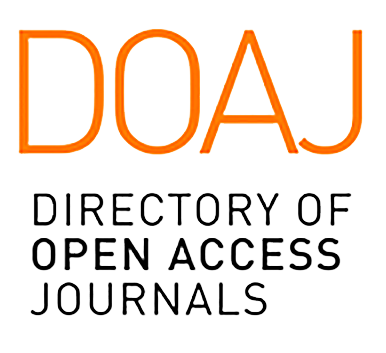
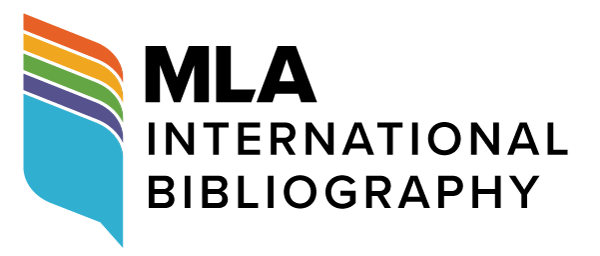
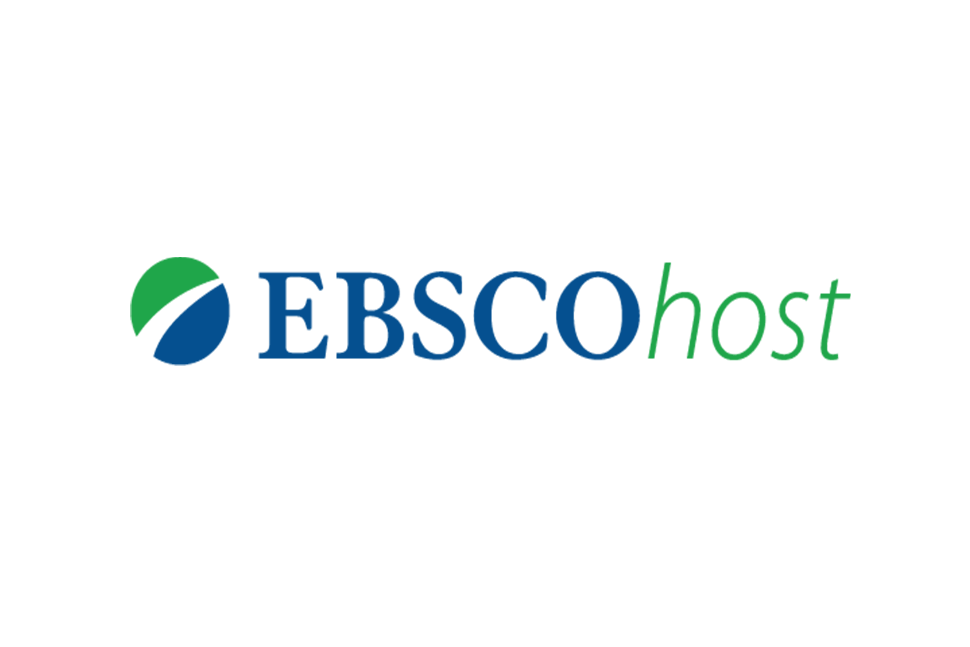
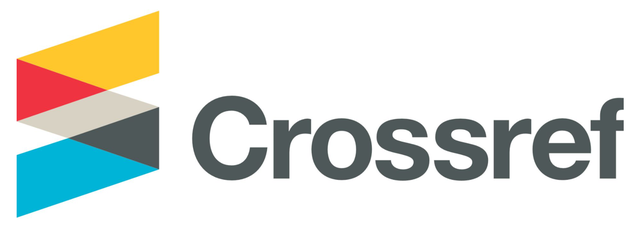

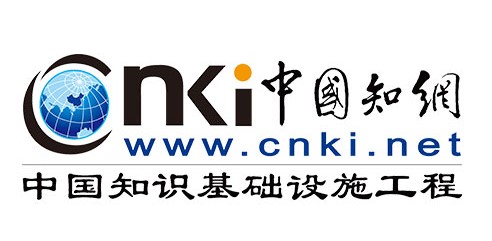
MLA Directory of Periodicals
REAO: East Asian Studies Journals
EBSCO Education
DOAJ
ProQuest
Google Scholar
Semantic Scholar
ROAD
BASE
Helka Helsinki Library
Baidu Scholar
Ex Libris
Jouroscope
US Department of Commerce Research Library

Special issue
Emotion and Motivation in Technology-enhanced International Chinese Education: From Research to Practice
Guest Editors
Fangwei HUANG, Peking University, China; University of Auckland, New Zealand
Xian ZHAO, Nanjing University, China
Aims and Scope
This special issue aims to advance interdisciplinary inquiry into emotion and motivation within technology-enhanced international Chinese education. We welcome conceptual, empirical, and methodological studies that examine affective and motivational processes in digital-mediated learning environments, drawing from educational psychology, applied linguistics, teacher education, and technology-enhanced learning research. Submissions may address learners, teachers, or stakeholders, and may employ quantitative, qualitative, mixed-methods, or computational approaches. Topics of interest include, but are not limited to:
1. Emotional and motivational dynamics in AI- or other technology-enhanced Chinese language learning.
2. Teachers’ emotions, motivational beliefs, and professional well-being in digital learning environment.
3. Motivation and self-regulation in hybrid or mobile learning contexts.
4. The role of affective computing and emotion analytics in technology-enhanced learning contexts.
5. Cross-cultural comparisons of emotional and motivational adaptation among international Chinese learners.
6. Interventions and pedagogical designs that foster positive emotions, and sustained motivation.
7. Institutional, ethical, and policy implications of affective-motivational research in AI-mediated education.
Important Dates
- Abstract submission due: 15 Jan, 2026
- Initial notification: 30 Jan, 2026
- Full manuscripts due: 15 April, 2026
- Revised manuscripts due: 15 June, 2026
- Publication date: September 2026
Submission Instructions
We accept submissions written in English or Chinese. English articles should be around 8,000 words and Chinese articles 10,000 Chinese characters (inclusive of notes and references). For formatting requirements, contributors are invited to review online the journal’s style guide and recent publications at www.clt-international.org. Questions about this special issue and submission of abstracts and full manuscripts should be sent to guest editors at fwhuang@stu.pku.edu.cn (Fangwei Huang) and xianzhao@nju.edu.cn (Xian Zhao).
从研究到实践:技术增强环境下国际中文教育情绪与动机研究专刊
征稿启事
专刊主编
黄芳炜,北京大学,中国;奥克兰大学,新西兰
赵忺,南京大学,中国
征稿主题
本期专栏旨在推动技术增强环境下国际中文教育的情感动机跨学科融合研究。通过汇聚应用语言学、教育心理学、教师发展与智能教育技术等多领域视角,我们期待具有理论突破性与方法创新性的研究投稿。具体议题包括但不限于:
1.人工智能与技术增强中国际中文学习者的情绪体验与动机演变
2.数字课堂中国际中文教师的情绪体验、动机信念与职业福祉
3.混合与移动学习场景下国际中文学习者的情绪和动机调节策略
4.情感计算与学习分析技术在技术增强环境中的创新应用
5.国际中文学习者情感动机适应的跨文化比较研究
6.培养学习愉悦感、心理韧性与持续动机的教学干预设计
7.智能教育中情感动机研究的制度伦理与政策启示
时间节点
稿件体例
论文可用英文或中文撰写,篇幅限8000英文单词或10000汉字(含注释及参考文献)。文稿格式要求请参阅期刊体例及近期刊出的论文,网址: www.clt-international.org。有关本期专刊的诸项事宜请洽专刊主编黄芳炜(fwhuang@stu.pku.edu.cn)和赵忺(xzha950@aucklanduni.ac.cn)。